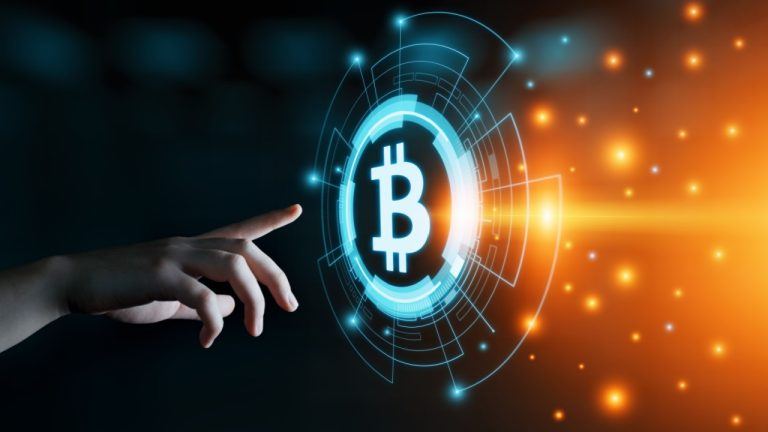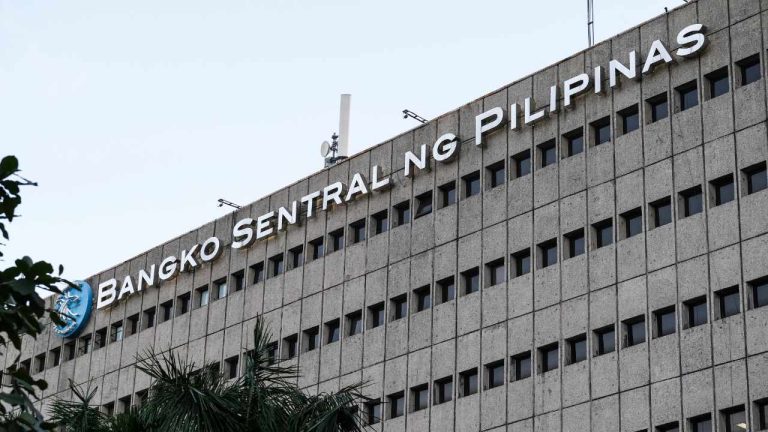
UnionBank, one of the largest universal banks in the Philippines, debuts cryptocurrency trading via a partnership with a Swiss crypto firm.
The Union Bank of the Philippines (UnionBank), one of the largest universal banks in the Philippines, debuts cryptocurrency trading via a partnership with a Swiss crypto firm.
UnionBank has launched a pilot program for Bitcoin (BTC) and Ether (ETH) custody and trading services for select retail customers, the firm said in a joint announcement on Nov. 2.
The new investment and trading feature launches in collaboration with the Swiss crypto technology firm Metaco, with UnionBank going live on Metaco’s digital asset platform Harmonize. UnionBank initially partnered with Metaco for the development of crypto trading services in January 2022.
Licensed and supervised by the Philippines’ central bank, Bangko Sentral ng Pilipinas (BSP), UnionBank has been actively exploring the crypto industry in recent years. In 2019, UnionBank launched a payments-focused stablecoin pegged to the Philippine peso.
Henry Aguda, chief technology officer and chief transformation officer at UnionBank, said that Metaco has been critical in the bank’s goal to provide “customer-centric” services in the Philippines. He also noted that UnionBank is among the early regulated adopters of crypto in the country, stating:
“We are proud to continue UnionBank’s series of industry firsts, this time being the first regulated bank in the country allowing digital currency exchange features for clients.”
The news comes shortly after Philippines President Ferdinand Marcos highlighted the importance of adopting blockchain technology to master digital banking and digital transactions.
Related: Basel Committee: Banks worldwide reportedly own 9.4 billion euros in crypto assets
In an official presidential speech published in September 2022, Marcos referred to several related milestones by UnionBank, stating:
“The track record of UnionBank in creating opportunities through innovation and digital solutions in the banking sector is uncontested.”
Previously, BSP also warned the public against using non-local crypto trading platforms, stressing that dealing with foreign virtual asset service providers poses challenges in enforcing consumer protection. As of August, there were 19 registered VASPs in the Philippines.











